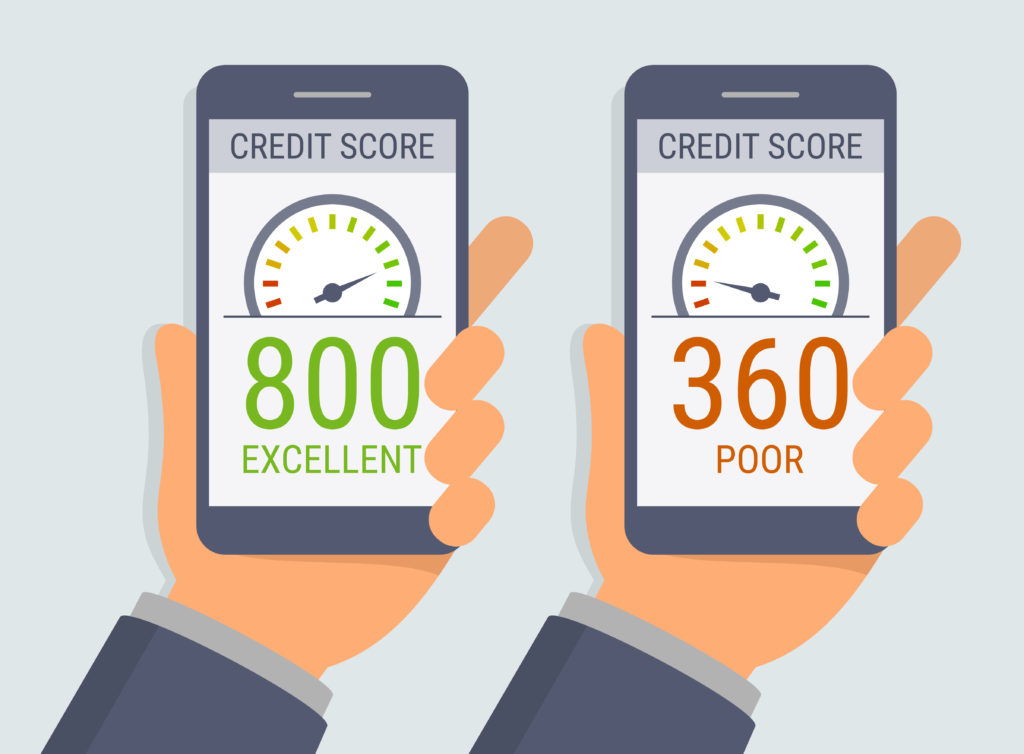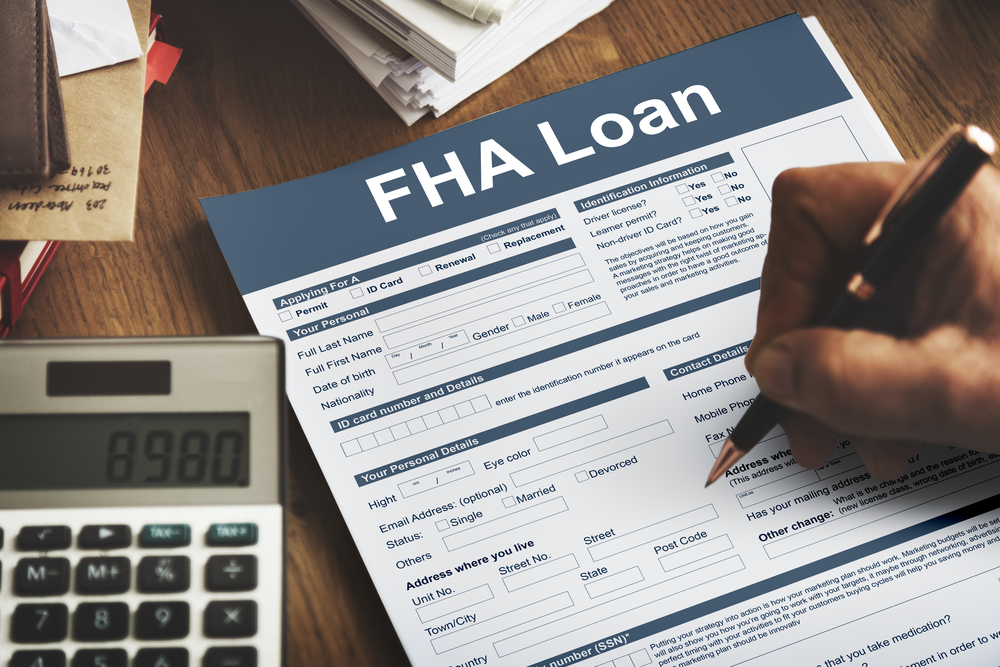When it comes to a mortgage, considering all of your options is crucial in finding the arrangement that best meets the continued needs of you and your family. Many private insurance companies will offer home buyers PMI, which is a deal typically established by the lender and paid for by the borrower, but can benefit both parties. Continue along with this month’s blog for more information about PMI and to find out if it’s right for you.
The Purpose of PMI
PMI is sometimes required of home buyers who have put down a deposit that’s less than twenty percent of their loans total value or who have taken out a conventional loan rather than a government assisted loan. Essentially PMI is insurance coverage for the lender to ensure they will be repaid the amount of the loan in full.

Pros of Having PMI
Agreeing to PMI can help home buyers who are struggling to qualify for a loan large enough to afford a home. It can also help them qualify for their desired loan much more quickly. As the prices of homes continue to soar every year, a prolonged plan to save for a larger deposit may not be the best option for some potential home buyers.
Cons of Having PMI
The biggest downside of PMI is that it’s an additional monthly expense or upfront cost that new home buyers are responsible for paying in addition to their mortgage. It’s also an expense for a service that doesn’t directly benefit those funding it. PMI will usually have to be paid until the borrower has compensated a predetermined minimum on their principle.
Conclusion
Private mortgage insurance can help countless families finally catch the break they need to afford a home. For more information on how to get approved for a loan, visit this article. For expert help through the loan and mortgage processes, contact our professionals here for guidance you can trust.








